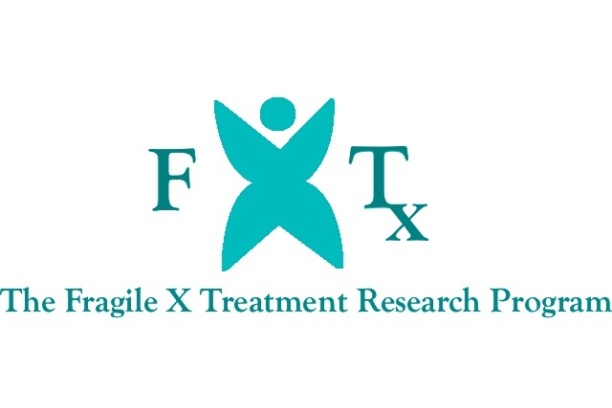Fragile X Syndrome (FXS) is the most common inherited cause of intellectual disability. Many people with Fragile X also have co-occurring autism spectrum disorder. FXS is caused by a loss of FMR1 gene expression that can contribute to symptoms such as social impairment, anxiety, behavioral problems and hyperactivity. Boys are typically more affected than girls and a diagnosis is made through DNA testing.
Fragile X syndrome is casued by a loss of FMR1 gene expression, which affects many different proteins in the brain. There is no known cure for FXS, but current research is looking to improve treatment options for affected individuals and their families.There are a few theories that may lead to new treatment in FXS. Our lab has pursued two of these.
Recent research has focused on the glutamate mGluR5 receptor. Research in FXS animal models shows excessive signaling downstream of the mGluR5 receptor. Improvement in brain function and behavior is seen when this signaling is decreased, either by manipulating the gene or by using medication to block the receptor. Medications that tune down the mGluR5 receptor are now being tested in adults, adolescents, and now children with Fragile X Syndrome in the hope that the same benefits will be seen.
Other research shows abnormalities in the GABA system in animal models of Fragile X Syndrome. Improvements are seen when a particular receptor, GABA-B, is stimulated. Medications that stimulate the GABA-B receptor have been used to treat individuals with nerve and muscle problems and are now being evaluated to treat symptoms of Fragile X Syndrome.
